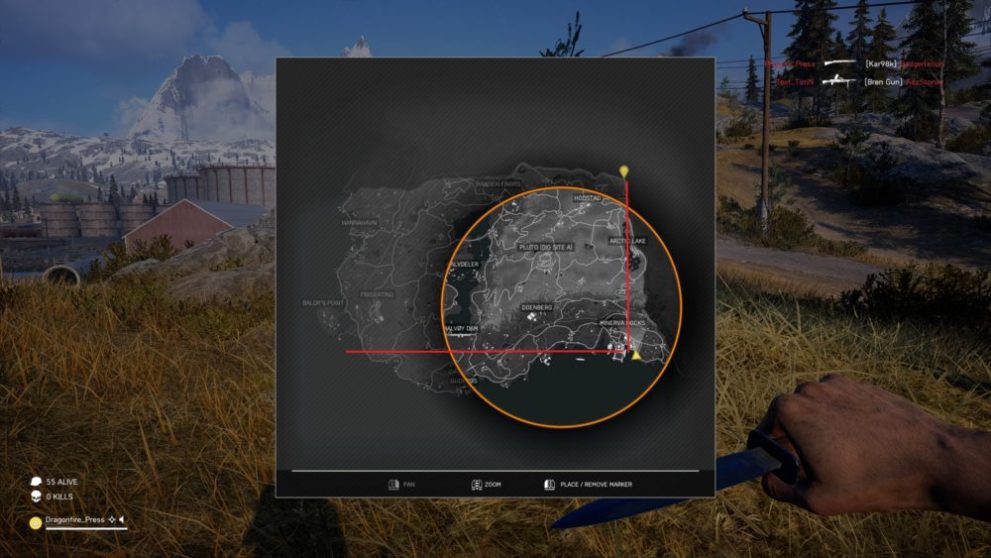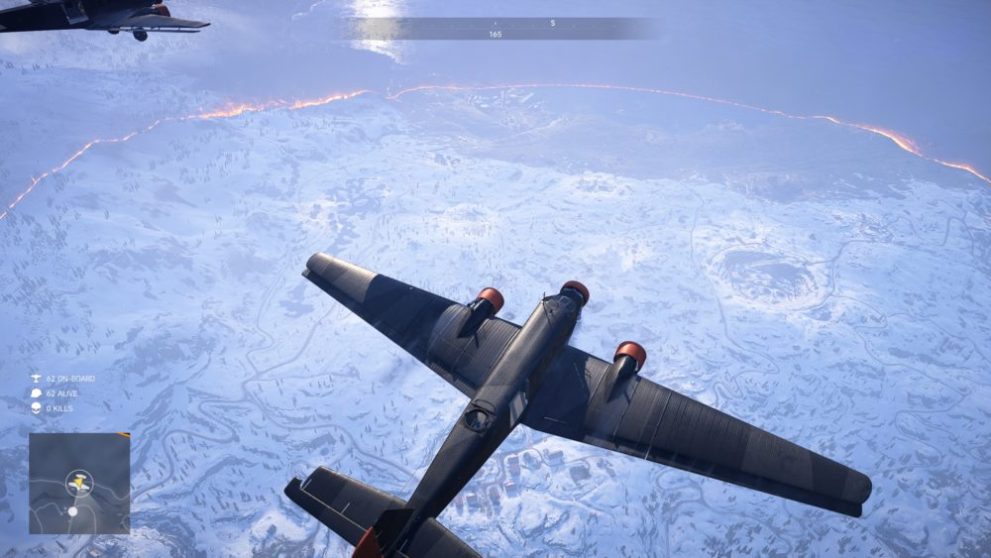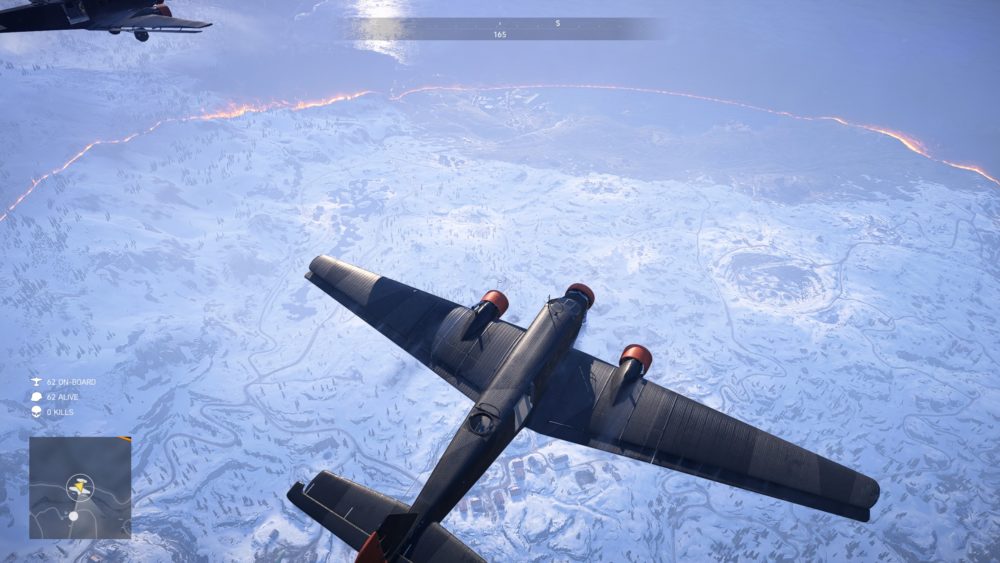Ever since battle royale became the hot trend in gaming, I’ve wondered what a Battlefield version of the experience would look like.
Now I have my answer. Last week, Twinfinite attended a preview event to spend hands-on time with Firestorm and discovered just how well this battle royale mode works in combination with Battlefield’s signature vehicular combat and squad play.
Of particular interest to me was just how big the map would be. How would the crazy tank battles and air combat fit into a battle royale match, and how large would the map have to be to cope with the pace of these vehicles?
After all, we’ve seen cars and motorcycles in battle royale before, but we haven’t really seen it done to this extent.
The answer, as it turns out, is less about the size of the map and much more about the speed of the vehicles and how they’re balanced in the game.
Because Firestorm’s map isn’t actually all that large. It’s certainly not small, but it’s not the enormous expanse you’d perhaps think it would be to accommodate all of those vehicles.
In a rough estimation, Firestorm’s map is around 2.2 mi², which is virtually identical to Fortnite’s.

In the above image I’ve drawn red lines representing the direction and location of the waypoints I dropped, which gave me distances in meters relative to my position. T
hey were 1826 meters north and 2827 meters west, and if we imagine two additional lines and turn it into a rectangle, the total area inside would be 5,162,102 meters, or 1.9 mi²
Of course, that rectangle is cutting out a rather hefty portion of the map’s bottom end, as well as its eastern extremities. That’s why I’ve added on a little extra in my estimation to push it above 2 mi², rather than the 1.9 it would otherwise be.
It’s a measurement that shouldn’t be taken as absolutely accurate, but it does give us a good enough representation of Firestorm’s scale.

But in actuality, Firestorm’s map is even smaller than even the highest estimates of its playable landmass, and that’s because you don’t actually ever play the whole thing.
You see, in Firestorm, the circle is present from the very beginning of the match, and it restricts access to a fairly significant section of the map before you’ve even jumped out of the aircraft.
The first of the above images is actually the circle at its largest, right at the start of a game. The actual diameter of that the circle is around 2,500 meters, with a radius of 1250. That equates to a playable area of just 1.89 mi².
By comparison, PUBG’s largest map, Miramar, is 24 mi² with a landmass that comprises over 80% of its total.
So Battlefield V Firestorm is much smaller than you might have imagined given the number of vehicles in the game and the series’ history of largescale battles. But when you think about it, it actually makes a great deal of sense to keep Firestorm’s map compact.
Battlefield is a slow game, especially in comparison to battle royale games like Fortnite, Apex Legends, and Blackout. It’s a much more measured, realistic experience with weighty physics that don’t really allow for fast paced traversal.
Even the fastest of vehicles in the mode isn’t anywhere near as quick as what you might find in a different battle royale game.
As a result, Firestorm’s map doesn’t really need to be huge in scale to feel big. It feels big by the very nature of its slow movement and a greater focus on strategic play.
Besides, can you imagine the gameplay balancing issues having dozens of powerful vehicles in a map that featured vast open expanses? Yeah, it would very quickly become Firestorm: World of Tanks.
The good is that Firestorm’s map doesn’t feel small, despite our findings. There’s plenty of variety in the biomes, and the ability to traverse air, sea, and land makes the experience feel much grander than the numbers would suggest.













Updated: Mar 21, 2019 09:59 am